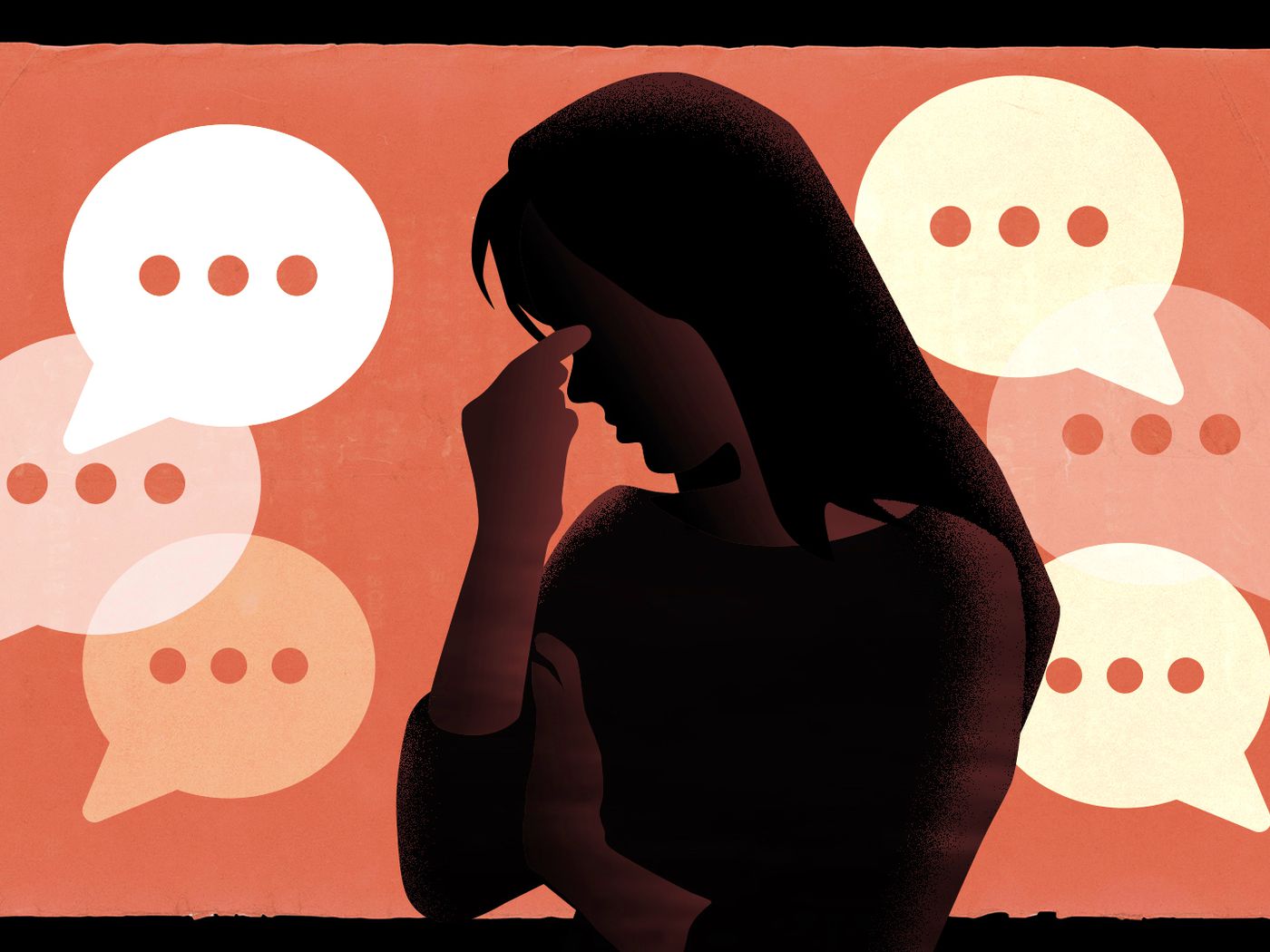In 2016, the number of people estimated to be suffering from mental health issues like depression and anxiety amounted to roughly 1.1 billion. Since then, numbers have likely continued to rise. Moreover, studies have also shown women especially on average are a) more likely to suffer from mental health issues, and b) less likely to talk about them. The taboo in Pakistan surrounding depression and anxiety disorders only serve to aggravate the individuals suffering even more. For the women who cannot seek out full time therapy, we’ve enlisted the help of a trained therapist. You sent us in your questions – here are the answers!

“Whenever my father is angry at my other siblings, he lashes out on me as well. Suddenly I am also badtameez and don’t listen to anything he says, but that’s not true at all and I don’t appreciate him saying those things when they aren’t true. I have tried communicating this with him, but he doesn’t listen and it’s getting to the point that it’s affecting our relationship. What can I do?”

Shahrukh’s Response:
Dear Anon,
That sounds like an incredibly difficult situation to be in. It’s extremely frustrating, even hurtful, to be on the receiving end of anger when you aren’t even part of the conflict. Dealing with a family member who struggles to express anger in a healthy way is a challenge for many. At times, even having a conversation may seem like a waste because they just won’t listen. So, what do you do? Let’s explore this a little more and see what you can do for yourself.
It’s Not You It’s Them!
Anger can be a very powerful emotion, so powerful that it can also be difficult to contain, and as a result, it may be taken out on innocent targets or bystanders. We’ve all seen it happen: your boss is in a bad mood because they got into a fight with their spouse, or woke up on the wrong side of the bed – and suddenly you’re the worst employee on the planet and all your work is abysmal; or maybe your teacher is in a bad mood and is lashing out on students over trivial matters. In truth, it’s unfair on you, it’s unfair to anyone who has to experience displaced anger. What’s important to remember is that it’s not related to you, it’s just their stuff that’s coming into space.
Protecting Yourself
When things have been communicated to the person in question, two things are essential: maintaining boundaries that have been set, and learning to protect yourself as best as you can!
- Choose the path of disengagement: it’s really easy to get into a defensive mindset whenever someone takes their anger out on you – especially parents. When this happens, more often than not, you end up exhausting yourself. It’s important to stay mindful of this, and maybe do your best to stay clear of the person when they’re like this, or to emotionally disengage from the conversation – even imagining the person as a child who is throwing a tantrum, and saying unnecessarily hurtful things to get their way (not going to lie, this strategy has worked for me personally) could be helpful.
- Speak to them at a time they’re open to listening: speaking to someone in the heat of the moment can often be futile, mostly because they’re not in the mindset to listen. Try to speak to them about this at a time when they’re in a more grounded place, one where they’re willing to listen.

- “I” is your best friend: when confronting anyone about an issue, it’s important to make sure that you phrase it in an effective way. Use “I” statements, and talk specifically about the behaviour at hand, and not the individual. For example, instead of saying “you were being extremely rude and hurtful”, you could say “I felt really disrespected when you said xyz. It really hurt my feelings.” The idea is to get your point across, and not have them react in a defensive way. Be honest about how you think this is affecting your relationship, and that you would like it to change. Reinforce these boundaries as often as you can.
- Staying mindful of your feelings: in times of heated arguments or fights, you might notice your own emotions coming up – use these instances as opportunities to reflect on what might be coming up for you.
- Recruit the help of another person: this could be another sibling, elder family member, whoever you feel closest to, preferably someone who your dad would listen to. Speak to them about what you’ve been experiencing, and perhaps they would be able to communicate this to your father.
Anon, when all else fails, just keep reminding yourself that it’s really not your fault, and that you just need to do whatever you can to keep yourself grounded whenever this happens. The truth is, it’s difficult to live in a space where you might become a target, it can bring about a state of hyper-vigilance, and this idea that you’re not safe. When this happens, it helps to establish safe spaces within your home – that could be your room, your bathroom, the roof, a garden, even a small section in your room. Use it as your refuge and sanctuary. I know it can be frustrating to feel like you can’t do much in this situation, and I know it’s hard, yet you need to remember that there’s only so much you can do in a scenario like this – all you can do is communicate how you feel. The rest is up to them.
I really hope that you were able to find what you were looking for in this article. I wish you all the best on your journey. Take care and stay in your power!








What do you think?
You must be logged in to post a comment.